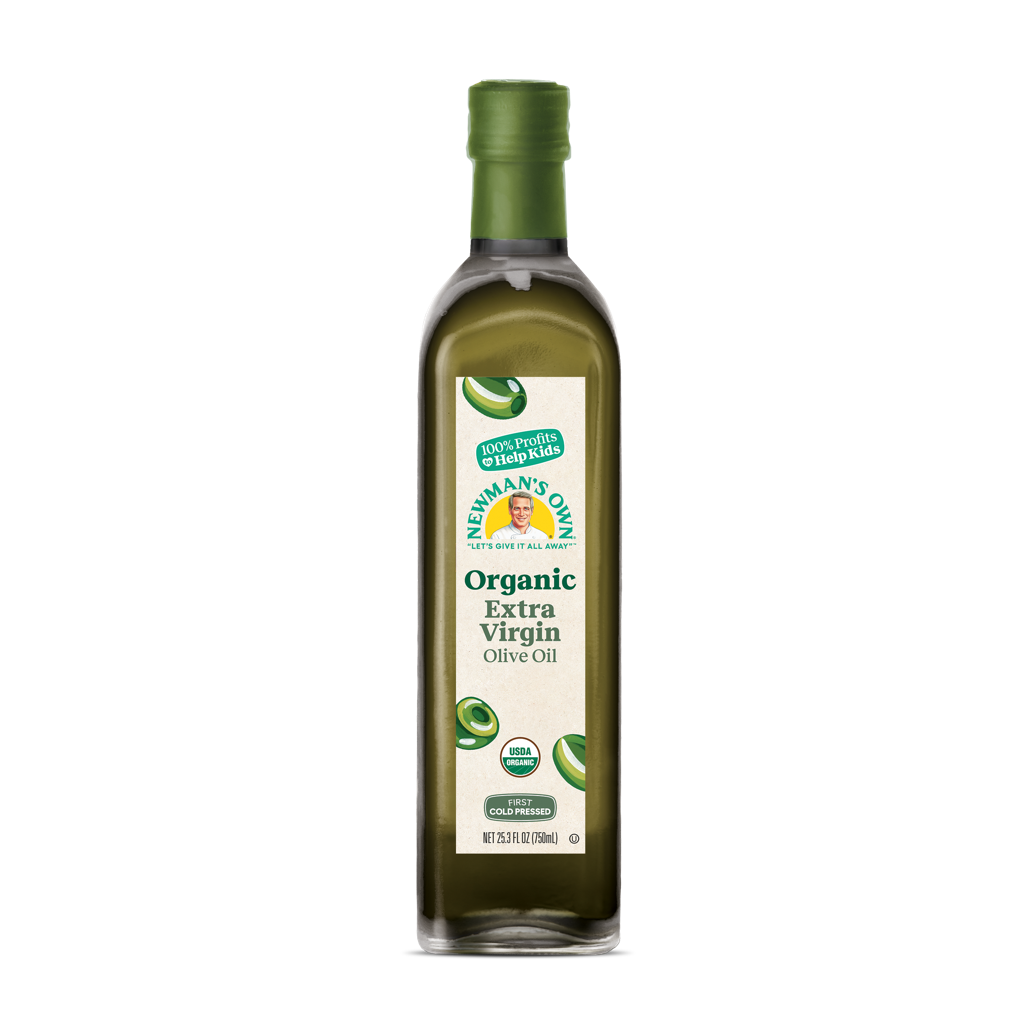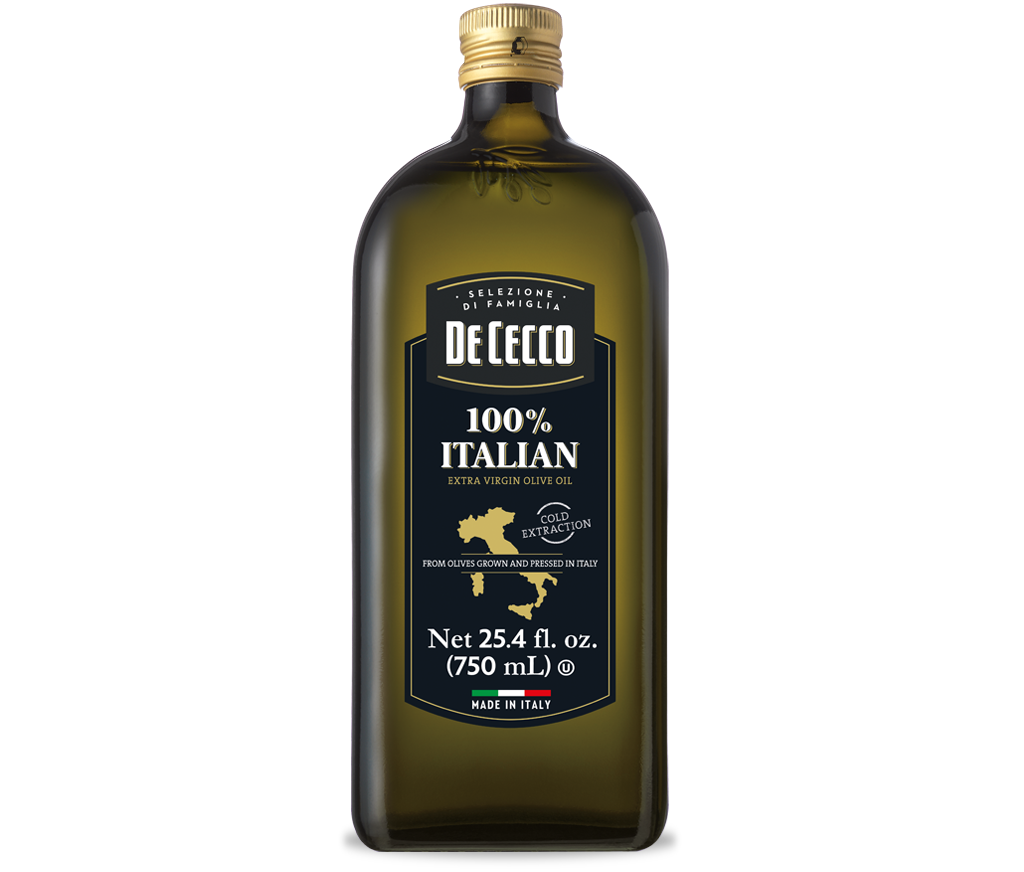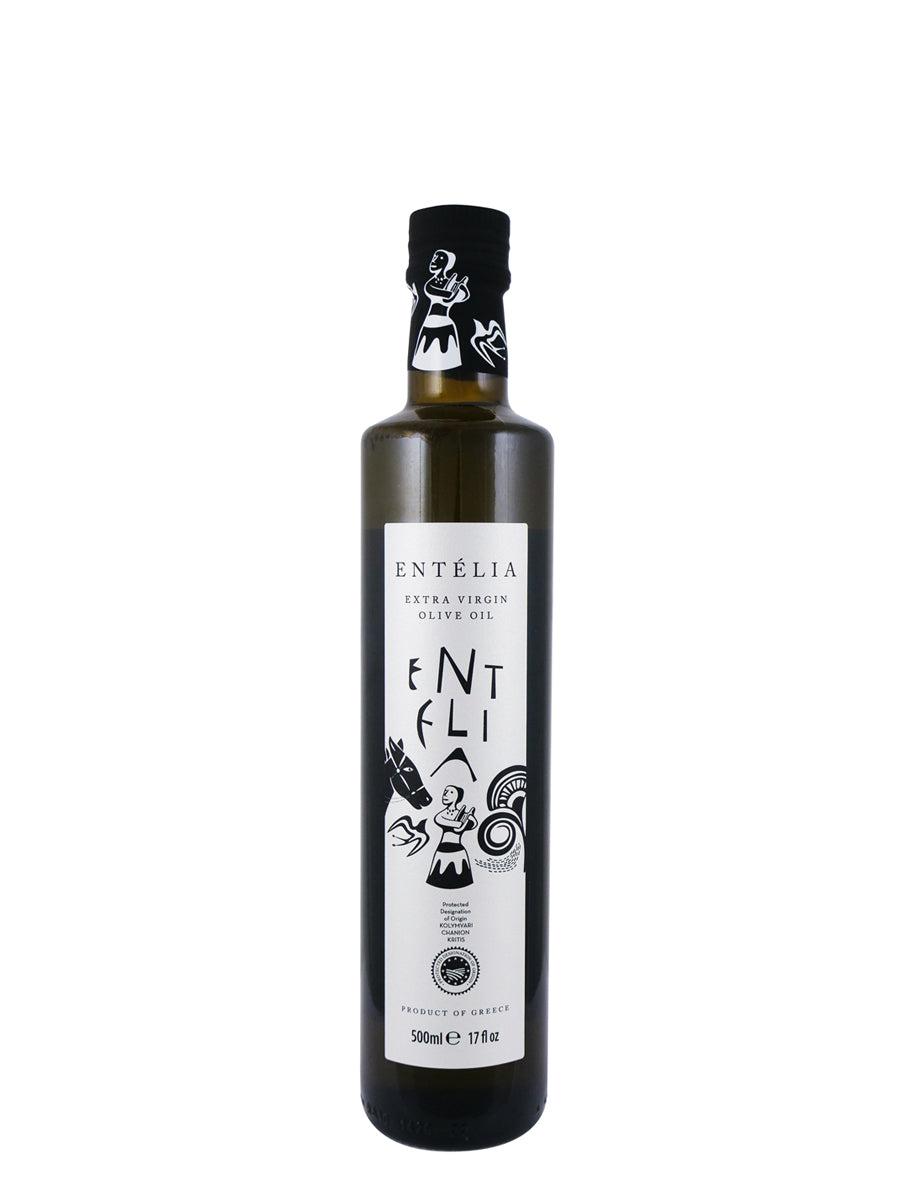Discovering the Different Kinds Of Olive Oil and Their Usages, Consisting Of Additional Virgin Olive Oil
The exploration of olive oil incorporates a diverse array of types, each offering unique tastes and culinary applications. Additional virgin olive oil, renowned for its premium quality and health and wellness advantages, offers as a staple in numerous cooking areas, yet it is only one aspect of this complex active ingredient.
What Is Olive Oil?
Derived from the fruit of the olive tree, olive oil is a staple in Mediterranean food and a vital ingredient in different culinary applications. This flexible oil is generated by pushing whole olives, leading to a fluid that differs in flavor, scent, and shade depending on the sort of olives used, the region of growing, and the removal procedure. Olive oil is mostly made up of monounsaturated fats, particularly oleic acid, which is known for its potential health and wellness advantages, consisting of anti-inflammatory buildings and cardio assistance.
In enhancement to its cooking uses, olive oil has a lengthy background of application in conventional medicine and skin care, owing to its abundant antioxidant content (extra virgin olive oil benefits). The oil is typically utilized in dressings, marinates, and for cooking techniques such as sautéing and roasting. Its distinct flavor profile can enhance the preference of numerous recipes, making it a crucial active ingredient for both home chefs and specialist cooks
Moreover, olive oil is celebrated for its role in the Mediterranean diet, which is related to numerous health advantages. As recognition of these advantages grows, olive oil proceeds to get appeal worldwide as a basic element of a healthy lifestyle.
Sorts Of Olive Oil
Understanding the various kinds of olive oil is necessary for both health-conscious customers and culinary fanatics. Olive oil is identified mainly based upon its extraction approach and quality, which dramatically affects its health and wellness, fragrance, and taste advantages.

Light olive oil, in spite of its name, refers to a lighter taste and not lower calories. It is optimal for those seeking a more subtle preference in marinades and dressings. In addition, there are flavorful olive oils infused with natural herbs, seasonings, or citrus, which can enhance recipes without the need for additional spices.
Each type of olive oil offers certain cooking objectives, and comprehending these differences permits consumers to make enlightened options that align with their food preparation designs and health objectives.
Extra Virgin Olive Oil
Bonus virgin olive oil (EVOO) is commonly considered the highest possible quality olive oil available, celebrated for its abundant taste and many health benefits. To be identified as additional virgin, the oil must be generated from fresh olives using mechanical procedures, without the use of solvents or extreme heat. This careful approach protects the oil's all-natural flavors, anti-oxidants, and healthy and balanced fats, leading to an item with a low acidity degree of much less than 0.8%.
EVOO is abundant in monounsaturated fats, particularly oleic acid, which is linked to basics minimized swelling and improved heart health. It likewise has polyphenols, powerful anti-oxidants that might offer protective results against chronic illness. The taste account of EVOO can vary substantially depending on the olive range and area of manufacturing, varying from grassy and fruity to robust and sharp.

Culinary Uses of Olive Oil

In food preparation, olive oil can be utilized for sautéing, toasting, and cooking, giving a much healthier choice to butter or various other fats. Its high smoke point makes it suitable for various cooking approaches, while its anti-oxidants add to a heart-healthy diet regimen. Sprinkling olive oil over completed dishes, such as pasta, fish, or smoked veggies, can raise flavors and include a touch of style.
In addition, olive oil plays a substantial function in baking, where it can change standard fats in recipes for bread and pastries, presenting wetness and a subtle preference. It likewise acts as a base for infused oils, permitting chefs to experiment with tastes such as garlic, herbs, or chili, further increasing its culinary potential. Overall, olive oil's convenience makes it vital in both home and expert kitchens.
Deciding On Quality Olive Oil
When picking high quality olive oil, it's important to take into consideration a number of key variables that influence the item's health, flavor, and look what i found fragrance advantages. Decide for extra virgin olive oil (EVOO), which is obtained from the initial cool pressing of olives and consists of the highest degrees of anti-oxidants and advantageous substances. Seek oils that are certified by acknowledged companies, as this often guarantees adherence to rigid high quality criteria.
The product packaging additionally plays a considerable duty in protecting the oil's stability. Choose oils saved in dark glass bottles or tins to shield versus light degradation. Take notice of the harvest date; fresher oils provide premium taste and dietary worth, so select products that are within 18 months of their harvest.
On top of that, take into consideration the beginning of the oil. Top quality olive oils frequently come from certain regions understood for their unique flavor profiles, such as Italian, Spanish, or Greek oils. Lastly, recognize the taste; a top quality olive oil need to have an equilibrium of fruity, bitter, and sharp notes, showing its splendor and complexity. By examining these aspects, you can ensure you are choosing the very best olive oil for your cooking demands.
Conclusion
In recap, the exploration of various kinds of olive oil exposes unique characteristics and applications, with added virgin olive oil standing for the pinnacle of top quality due to its reduced level of acidity and high antioxidant content. Its convenience in cooking uses boosts tastes in dressings, marinades, and showers. Comprehending the various ranges of olive oil enables educated selections in food preparation techniques, promoting much healthier practices while improving the overall gastronomic experience. Quality choice stays crucial for optimum benefits.
Derived from the fruit of the olive tree, olive oil is a staple in Mediterranean cuisine and a vital ingredient in investigate this site different cooking applications.The most common types of olive oil consist of improved olive oil, pure olive oil, and light olive oil.Extra virgin olive oil (EVOO) is commonly pertained to as the highest quality olive oil offered, popular for its abundant flavor and various wellness advantages. Opt for additional virgin olive oil (EVOO), which is obtained from the initial cool pushing of olives and contains the greatest levels of anti-oxidants and beneficial compounds.In summary, the exploration of different types of olive oil exposes distinctive features and applications, with added virgin olive oil representing the pinnacle of quality due to its low acidity and high antioxidant content.
Comments on “Extra Virgin Olive Oil Benefits: A Simple Addition to Boost Your Immune System”